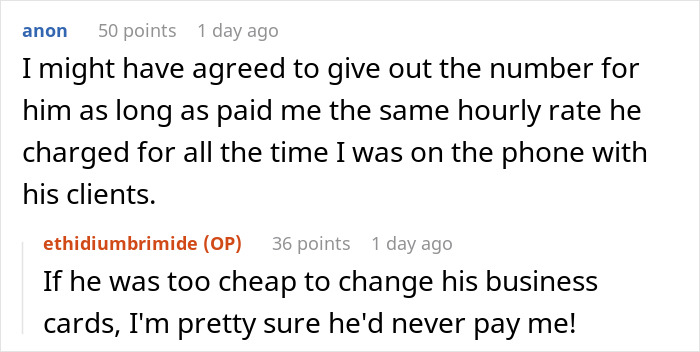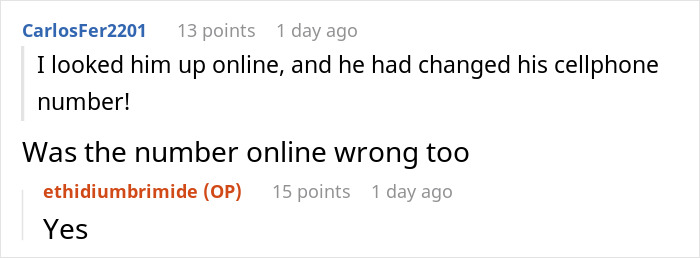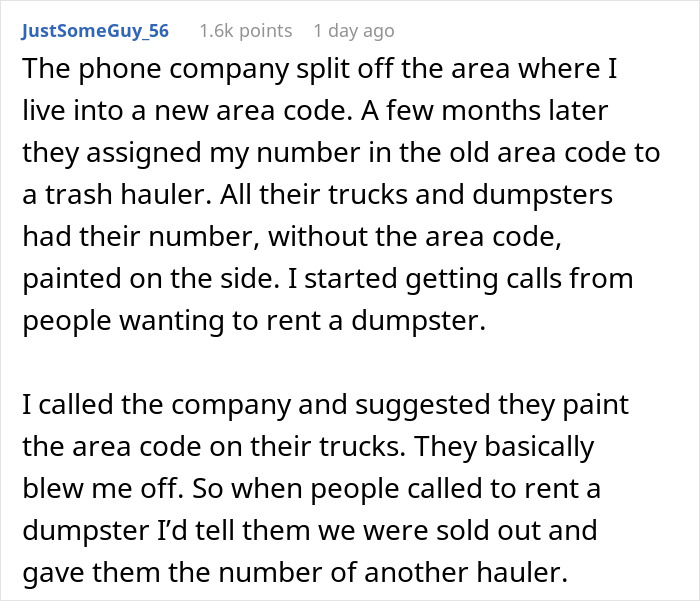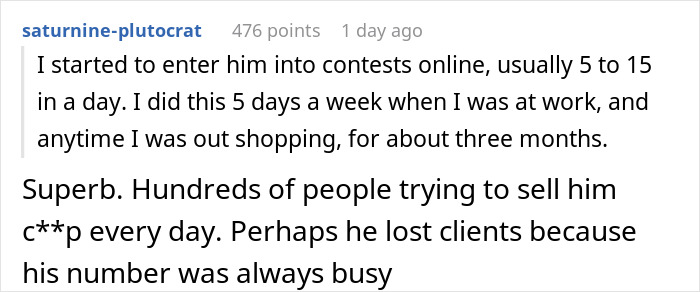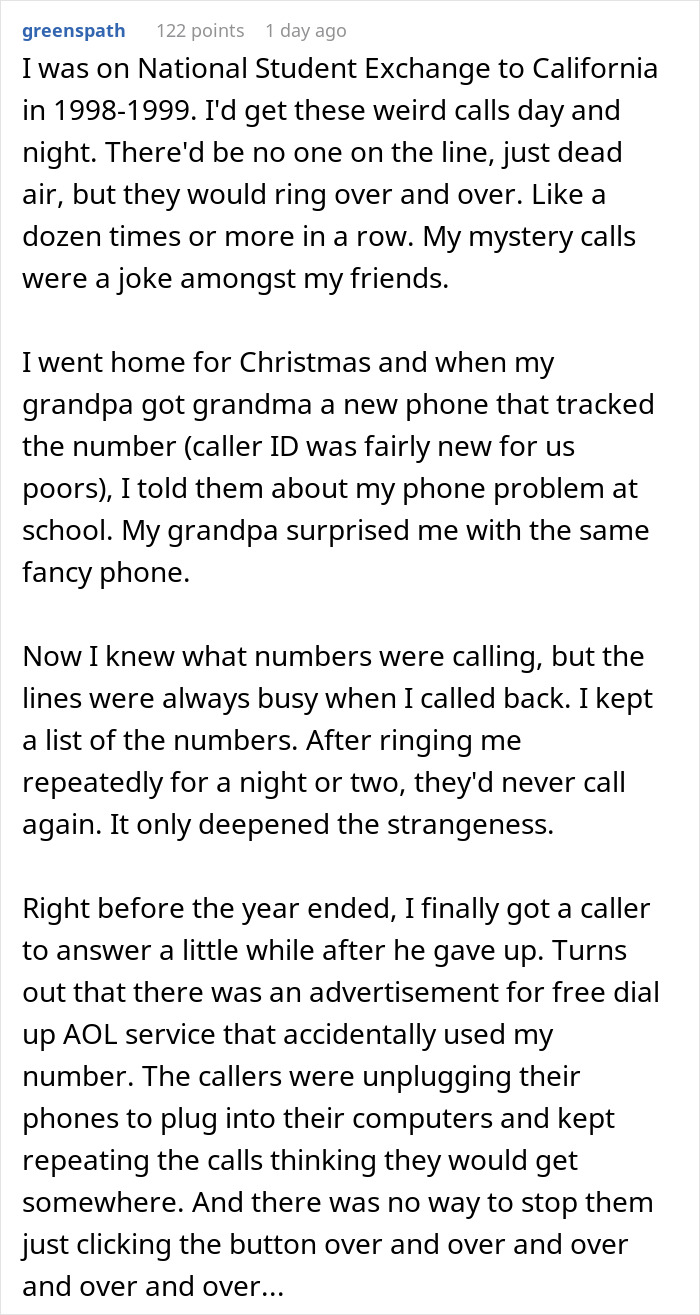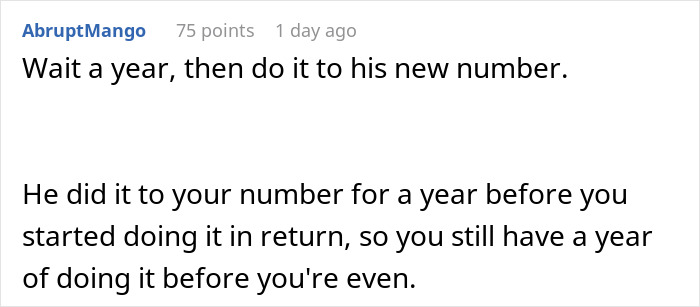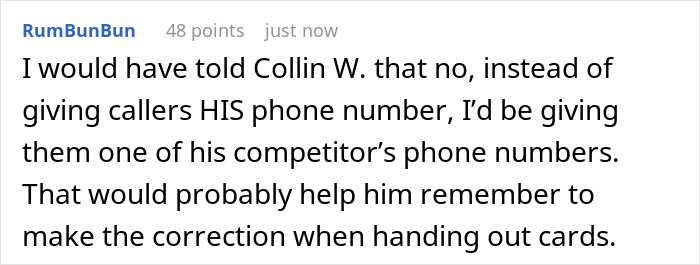Most of us have probably received a call from an unknown number that wasn’t meant for us and forgot about it soon after. But what if you received such calls repeatedly for a year straight?
Today’s article covers the story of a man who started randomly receiving calls in Chinese, sometimes in the middle of the night. After understanding why it was happening, he took petty revenge and trolled a lawyer in the process.
More Info: Reddit
Getting your number mistakenly shared and getting spam calls is frustrating, especially when the man responsible won’t rectify the situation

Image credits: Sora Shimazaki (not the actual photo)
A man recently approached Reddit to share his petty revenge story and how he managed to stop random calls he was getting in the middle of the night
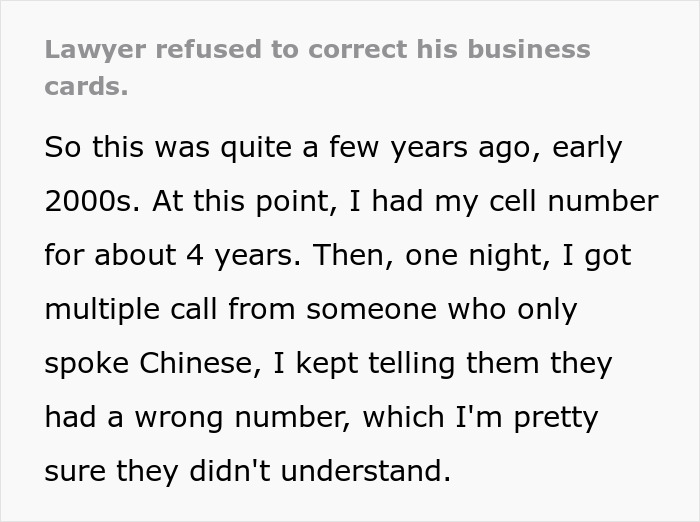
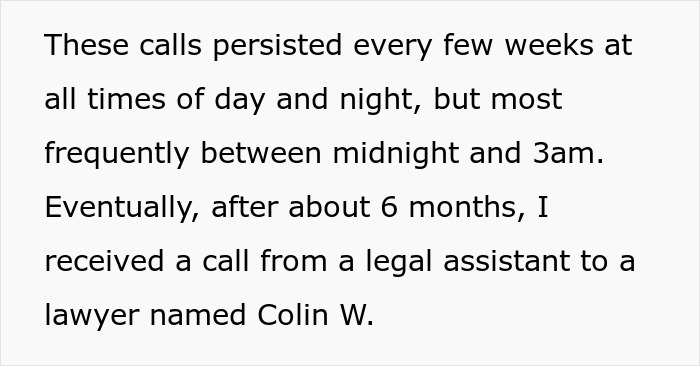
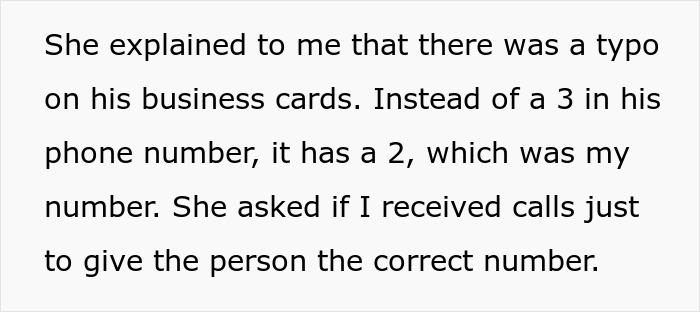
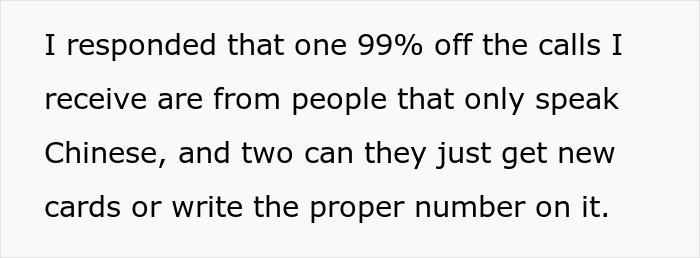

Image credits: benzoix (not the actual photo)
The man started getting random calls, sometimes at 3 AM, and when he answered, he couldn’t understand anything as the callers were speaking in Chinese

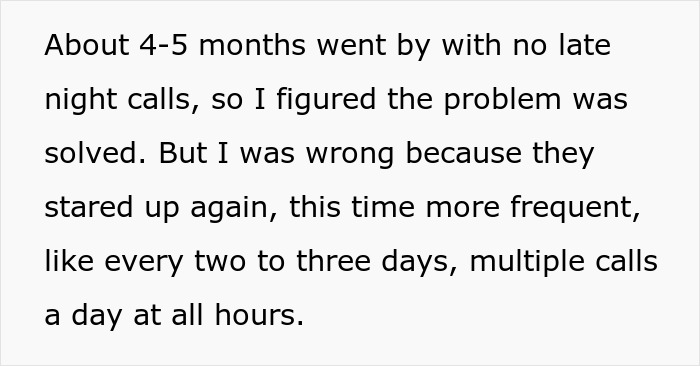
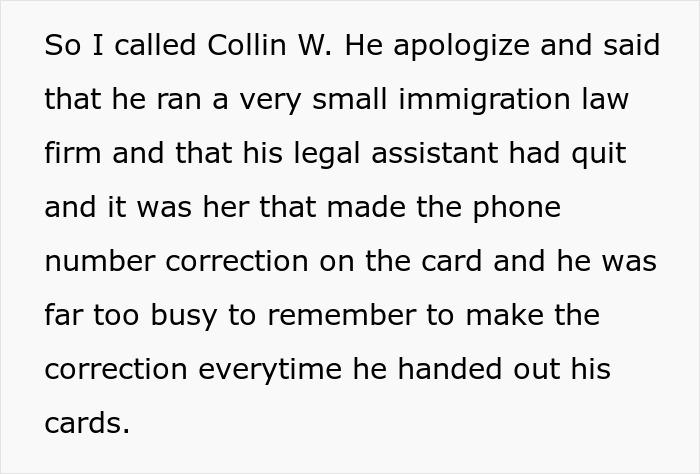
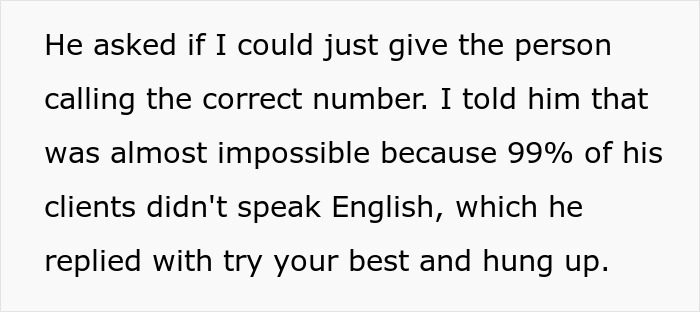

Image credits: freepik (not the actual photo)
This only added to the man’s confusion, but after half a year of receiving the calls, a lawyer contacted him saying that he had mistakenly put the man’s number on his business cards
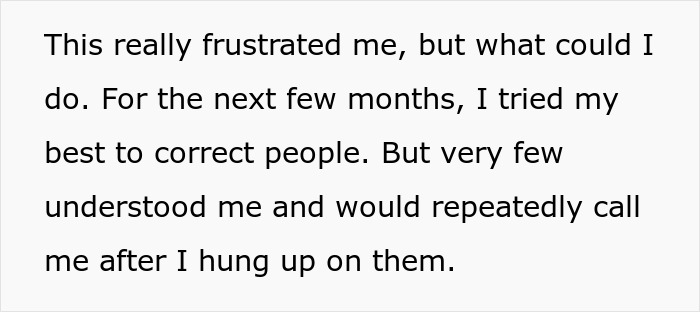

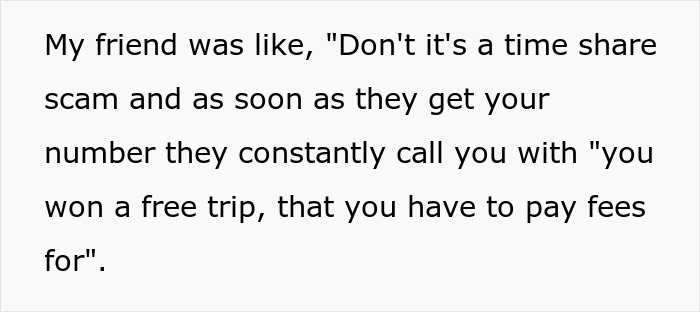
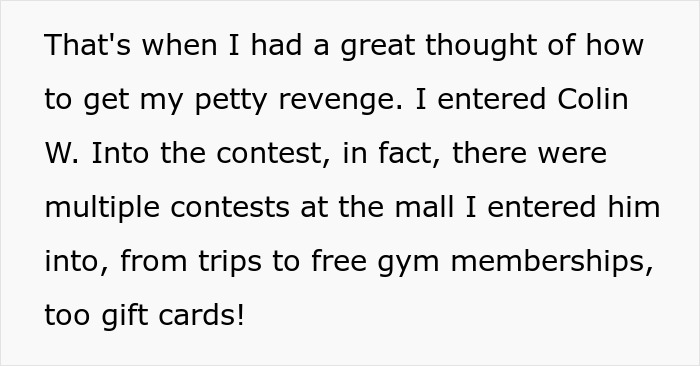

Image credits: 4045 (not the actual photo)
When the man asked him to rectify it, the lawyer refused, saying that he should just redirect the clients back to him. The man tried but soon got frustrated
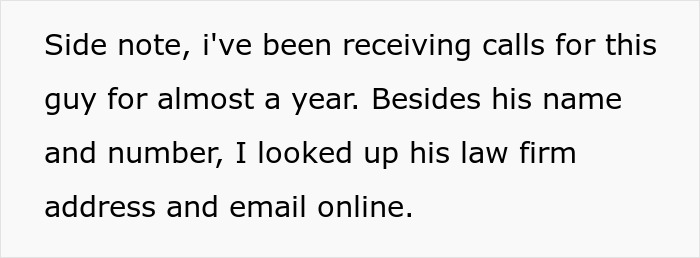
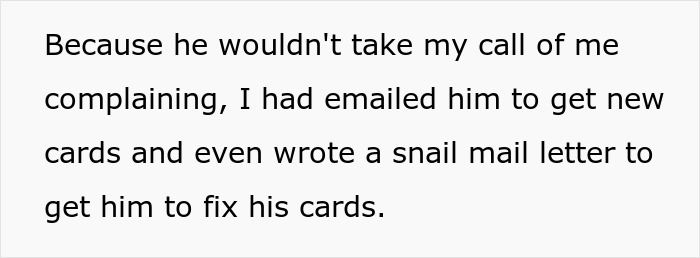
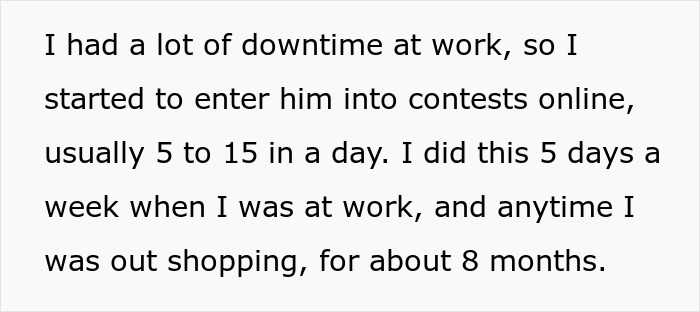
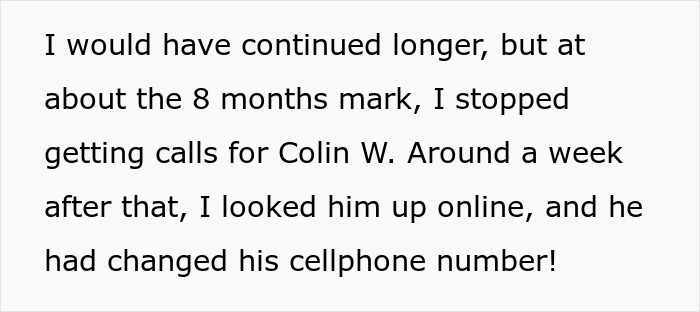
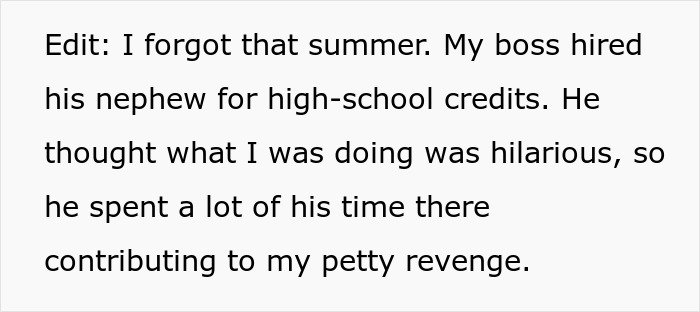
Image credits: ethidiumbrimide
To take revenge, the man registered the lawyer’s number in tons of online contests for a chance to win a free trip. After 8 months, the lawyer changed his number and the spam calls stopped
Recently a man approached Reddit’s r/pettyrevenge community to tell a story about random calls he had received a while back and how he took revenge.
The story begins with the man describing how he started getting calls in the middle of the night in Chinese. Since he didn’t know the tongue, he was even more confused. About 6 months after the calls started, he was contacted by a lawyer, stating that he was the reason why he got the calls.
It turned out that the lawyer had printed business cards and mistakenly put the wrong number in his contact information. Since he was an immigration lawyer, it was no surprise that the calls were in a foreign tongue.
The lawyer asked if the OP (Original Poster) could redirect the people back to him. The man explained to him that he was unable to do that since he had no idea what they were saying to him.
Instead, the OP asked the lawyer to correct his business cards, but the lawyer told him no, since they didn’t want to pay more money. However, he assured the OP that they would make an effort to correct the number on the cards.
For the following 6 months, the man received no calls. But then, all of that changed and he started getting even more frequent calls per day. Out of courtesy, the OP did his best to redirect the callers.
Naturally, the OP contacted the lawyer himself and told him that the calls had started again, to which the lawyer had the nerve to respond “Try your best” before hanging up on him. Of course, this didn’t sit well with the man.

Image credits: Movieclips (not the actual photo)
One day, the OP was at the mall with his friends. Suddenly, a great thought popped up on how to take petty revenge on the lawyer. He noticed that you could register a number to win a free trip to Florida or Mexico. So the OP decided to give the lawyer’s number.
Over the next 8 months, the man entered the lawyer’s number anytime he was at the mall, and 5 days per week at his job. He would enter the number into 5-15 contests per day. The OP had received calls from the lawyer’s clients for about a year at that point.
At the 8-month mark of entering the lawyer’s number in contests, the OP finally stopped getting the random calls. He looked up the lawyer online and he’d had his number changed. It’s great that the man managed to solve his predicament, but not everyone is that lucky. With your personal data being tracked across the open internet, it is increasingly subject to data leaks.
Phishing attacks, aimed at stealing valuable information, are on the rise, and companies are conducting various cybersecurity training programs to reduce the danger. However, attempts to steal personal data are made too. In addition, spam calls are not uncommon either.
Personal information, such as your personal mobile number, can be easier to find than you may think, even if you only slipped up once. Bogus online “surveys” are a good example of this. This type of scam typically comes with a promise of a gift card or some sort of coupon, perhaps even a chance to win an expensive smartphone in exchange for filling in a survey. Typically, at the end of the survey, they ask you to put in your phone number.
Later, those shady websites might let your data get into the hands of criminals, or they can sell your information to data brokers, who then flip it to marketers. So all in all, being careful of what you share on the internet is crucial.
What do you think about the story? Have you experienced anything similar? Let us know in the comments below.
Netizens had a laugh and shared similar stories
